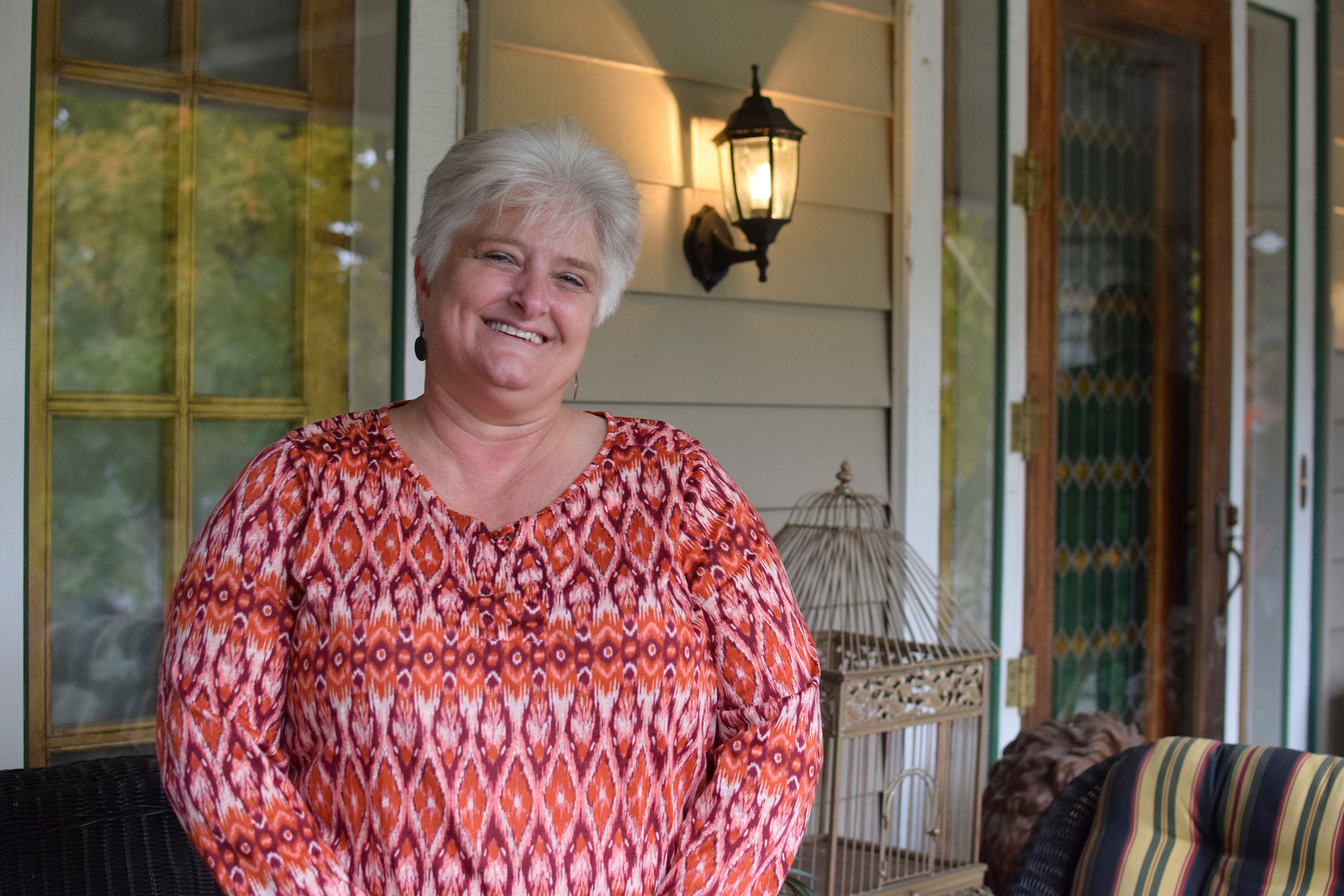Indiana city offers stand-in 'grandparents' to new residents
A new incentive program to attract remote workers to Greensburg, Indiana, includes stand-in ”grandparents” and cash incentives for those who move to the rural city within the next six to 12 months

A rural city in southeastern Indiana has piqued the interest of hundreds of families considering a move there after it offered stand-in ”grandparents” to babysit their children as part of an incentive program aimed at attracting remote workers.
A local couple, Tami and Dan Wenning, volunteered to serve as grandparents to children from the first five families that agree to move to Greensburg under the program. If more new residents make the move, other grandparents in the community “are more than ready” to step in and help, Tami Wenning said.
Greensburg, 50 miles (80.47 kilometers) southeast of Indianapolis will offer the free babysitting service for the next six to 12 months as part of the program it's calling “Grandparents on Demand”. Kids are also guaranteed to have a fill-in grandma and grandpa on Grandparents Day at school — a perk for those moving far away from family.
Just two weeks after the initiative launched, more than 1,000 applications have rolled in, said Evan Hock, co-founder of Indianapolis-based MakeMyMove, an online directory that connects remote workers with such offers around the country. Hock said the unique incentive has been a “big contributor” to the influx of interest, and considerations are now being made to scale-up the Greensburg program, depending on housing availability.
Tami Wenning volunteered for the incentive program through her work as director of the Decatur County Community Foundation and said she and her husband “absolutely love” serving as grandparents to their own kids already. They’ve also offered their home to more than a dozen foreign exchange students in recent years.
“I’ve lived here my whole life, and I’m excited to share with the people who want what we have, because what we have is special,” she said. “We’re the perfect place for somebody to raise a family, and I cannot begin to imagine moving away and being in a place where you don’t have that network of people that, in a pinch, you’ve got somebody to rely on.”
The five spots in Greensburg are expected to be filled in the next 30 days, Hock said, and new residents will get assistance moving to the city over the next two or three months.
The relocation package also includes $5,000 in cash, invitations to home-cooked meals at neighbors’ homes, a one-year membership to the local co-working space and YMCA, free gift cards to the seasonal farmers market, and tickets to productions at the local playhouse.
The remote worker relocation package is designed to recruit new residents to the city amid a growing shift to permanent remote that was accelerated by the COVID-19 pandemic. The campaign is part of a nationwide trend of workers moving to smaller communities with a more affordable cost of living.
Hock said 70% of applicants to the Greensburg program are remote workers, and interest is coming “from all over the country,” including Texas, California and New York.
“I think our aspirations just got a lot bigger in the sense of, holy cow, there’s all of these people that want to move. Now, we’re figuring out how we find the folks that really do want to move and want to move in the right reasons,” Hock said. “We want to find people that will help diversify the economy, that have remote jobs that they can bring with them, who plan to stick around in the community, long-term.”
Centrally located between Indianapolis and Cincinnati, Greensburg is home to about 13,000 Indiana residents. The downtown square is marked by dozens of storefronts. A tree growing from the Decatur County courthouse clock tower has earned Greensburg the nickname “Tree City.”
“Once they're here, our goal is to make them feel welcome. We want them to be integrated in the community in a way that makes it feel like they’ve been here a long time,” said Greensburg Mayor Joshua Marsh. “We’re trying to create an instant community for them when they arrive, and to make sure they're successful here.”
A dozen other communities in Indiana also offer incentive programs to attract “knowledge workers," who are educated and earn higher incomes, Hock said.
That includes southern Indiana’s Daviess and Greene counties, which will give residents $5,000 to move within the rural communities. Bloomington and West Lafayette, both college towns, are also offering university resources such as co-working spaces and networking opportunities to draw new talent.
MakeMyMove has identified more than 40 other communities outside of Indiana, many which are smaller or rural, that offer similar relocation incentives.
Augusta Maine; Newton, Iowa; and Morgantown, West Virginia, are offering between $12,000 and $20,000. Rutherford County, Tennessee, home to Middle Tennessee State University, will pay off $10,000 in student loans. In Stillwater, Oklahoma, a monetary incentive is coupled with free coffee for a year and a free month of martial arts classes in exchange for workers to relocate there.
Hock said the pandemic-fueled exodus of remote workers from larger metropolitan areas to places like Greensburg “is a lasting trend," given that millions of workers have been exposed to a new way of life and the freedoms afforded by working from home.
“This is a new tool that they have that maybe they’ve never had or considered before," Hock said.
___
Casey Smith is a corps member for the Associated Press/Report for America Statehouse News Initiative. Report for America is a nonprofit national service program that places journalists in local newsrooms to report on undercovered issues.
Bookmark popover
Removed from bookmarks